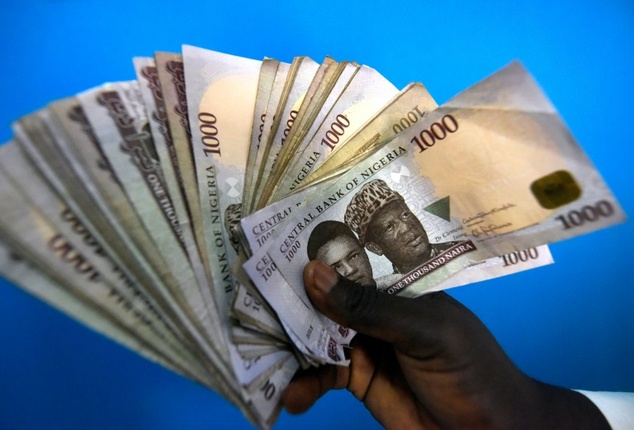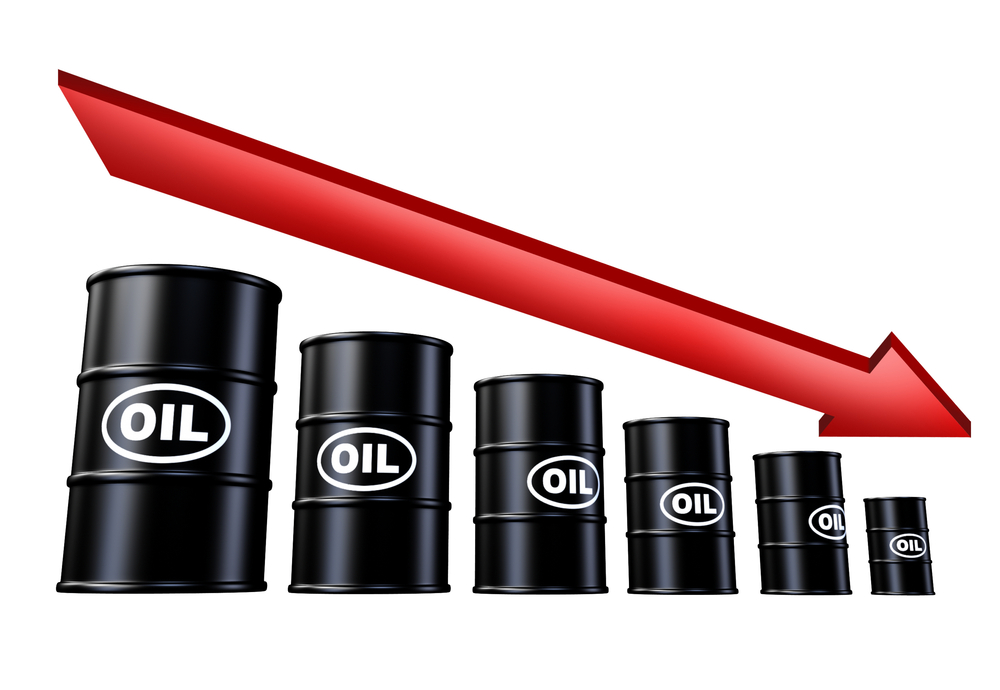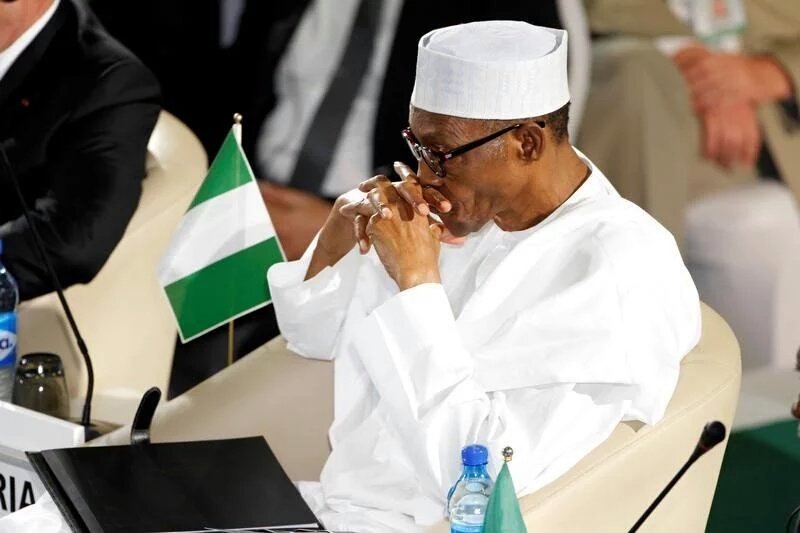Following the spate of attacks on oil and gas facilities in Nigeria, and flow disruptions in some countries that has led to a cut of 2.5 million barrels per day, the price of crude has risen by 1.59 per cent to $45.20 per barrel.
Last week, a group known as the Niger Delta Avengers attacked Chevron’s Okan platform, a collection facility for offshore oil and gas that feeds the Escravos terminal in southern Nigeria. The oil major said the damage to the platform had affected about 35,000 barrels per day of its own net crude production, or about 15 per cent of its output in the country.
The violence depressed production in the country to roughly 1.69 million bpd in May, the lowest since at least June 2007, when production fell to 1.68 million bpd, International Energy Agency data indicated.
Similarly wildfire in Canada’s oil-rich Alberta province has knocked off some 1.6 million bpd, according to consultancy Energy Aspects. Several companies including Suncor, BP and Phillips 66 have declared force majeure on Canadian crude.
ALSO SEE: Lagos joins oil-producing states with 650 bcf reserves
“The wildfires in Alberta, rising tensions and further disruptions to crude exports in Libya, and a new outage in Nigeria amid increasing violence have definitely added some bullish pressure to prices,” said an oil analyst at SocieteGenerale, Michael Wittner, said.
The production outages are helping to reduce crude output, boosting expectations that the global glut of crude that has battered prices since mid-2014 could be shrinking.
But analysts say that the disruptions are temporary and most of those barrels will come back online soon. In addition, Saudi Arabia’s state-owned oil company on Tuesday said it would increase its output this year.
“The current reality is that the global oil market remains oversupplied this quarter, and crude and product inventories are more than ample,” Wittner said.

 Entertainment6 days ago
Entertainment6 days ago
 Health1 week ago
Health1 week ago
 Health4 days ago
Health4 days ago
 Football1 week ago
Football1 week ago
 Football1 week ago
Football1 week ago
 Crime5 days ago
Crime5 days ago
 Education6 days ago
Education6 days ago
 Health6 days ago
Health6 days ago






